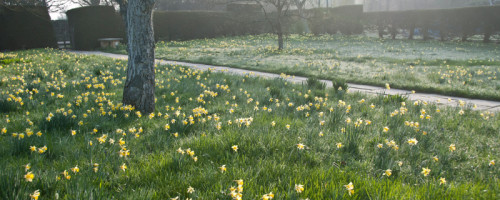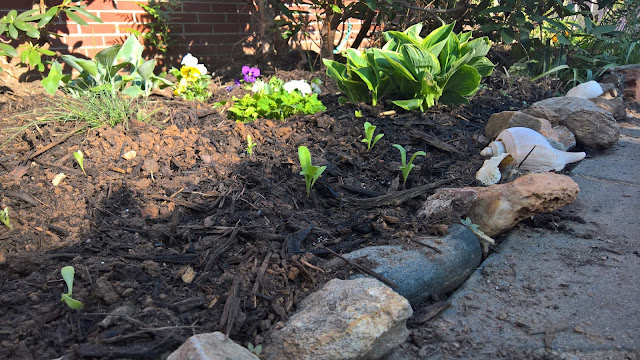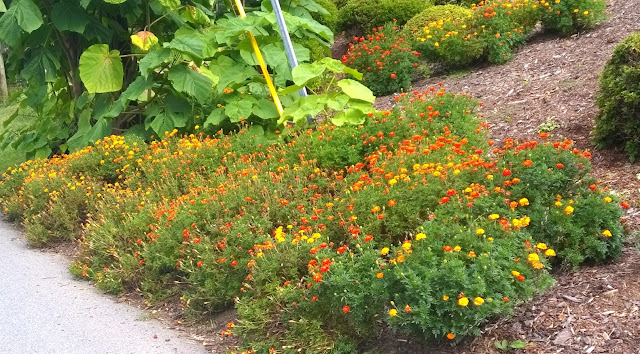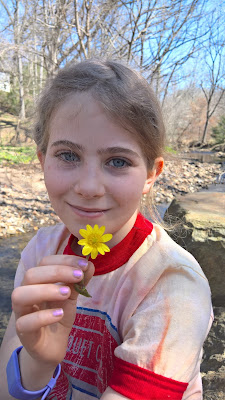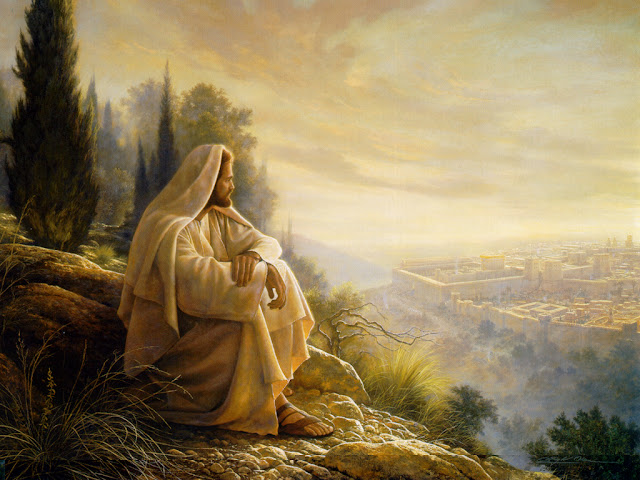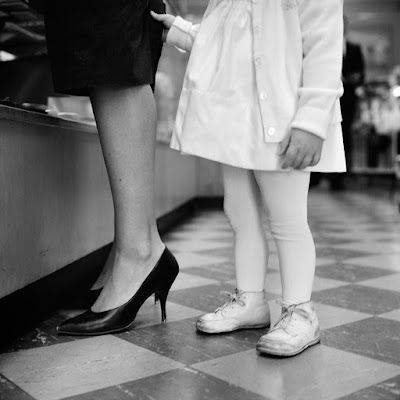 |
| Vivian Maier, September 18, 1962 |
Years ago I remember reading a parenting book that concluded that the teenage years are like the unwinding of a yo-yo. Everything that the parents have "wound" for the first ten or so years unravels for better or worse during this time.
The principle: there is a window of maximum investment for maximum impact.
This is true in the plant world as well--yes, you can grow basil in a sunroom through winter, and you can plant lettuce in July, but there is an ideal season--a range of temperature, precipitation, and growing conditions when things are easier, when your plants are most receptive. Although you can grow a plant outside of these parameters, the work will be harder and your efforts ultimately less successful.
There is an ideal season for gardening and an ideal season of influence in the lives of our children.
With our children now 11, 14, and 16, I suspect most of the foundational growing is past. Don't misunderstand, there is still much
more work ahead--much unknown that humbles me, but I suspect most of the "winding" has passed.
The season has shifted, requiring a different kind of work, a more subtle type of tending. We continue to water and stake, we ward off the invasive insects and pluck out weeds, but much of the work must transfer to the plant itself now. The root systems should be mostly established, and the plant
needs to bear weight, to take on height and heft.
It's a different kind of tending---one I'm not sure I'm good at. Wiping noses and giving time-outs seems straightforward and inviting in retrospect. This teenage work is muddier, not as cute. And I feel my growing age--I am all-at-once wearier, my edges and limitations clearer.

And what will grow from what's been planted? God alone knows. I can only hope.
I do know that what grows is somewhat different than my early hopes from their childhood days: not all bad, not all good, certainly less ideal, more real--yes, just
different. Very human. They are surprisingly turning out to be imperfect creatures like the rest of us. Why is this even remotely surprising? As if my children would not bear the same frailties and frustrations of those who conceived them?
Unfolding, unraveling, unwinding...
We watch and pray. We listen and guide. We advise and remind. We encourage and gently admonish. We point to Him and His ways. The need is more and more apparent...
It is a mostly a long-suffering, gradual kind of letting go. Some days, I long to completely release all at once, like a balloon released to the sky, to be free of the responsibility entirely, to call an end to the work, free to embrace whatever season comes next. But this is just more romantic idealism-- an illusion---we never will or can let go entirely. My father was fond of noting, "Your children are always your children, no matter how old..."
Other days I find myself grabbing on with full force, tenderly winding whatever string is left on the yoyo, embracing the tension, wishing for more string, holding tight to Indian summer of their childhood...
Admittedly, I'm not so great at "in-betweens," months like March that are neither here nor there--half spring, half winter, with weather that can't make up its mind--a gently sunny day, followed by one of cold winds and even flurries. I much prefer the consistency of May weather...I feel variable and vulnerable enough without help from the elements, from the emotional storms of teenage life.
I suspect women feel this tugging more than men, and perhaps even more particularly mothers who homeschool, as we have chosen to make an entire career out of this growing....
Grace shared this Steinbeck quote with me awhile back:
“Women can change better’n a man,” Ma said soothingly. “Woman got all her life in her arms. Man got it all in his head.”“Man, he lives in jerks-baby born an’ a man dies, an’ that’s a jerk-gets a farm and looses his farm, an’ that’s a jerk. Woman, its all one flow, like a stream, little eddies, little waterfalls, but the river, it goes right on. Woman looks at it like that. We ain’t gonna die out. People is goin’ on-changin’ a little, maybe, but goin’ right on.” -Ma Joad, Grapes of Wrath

So, women adapt. Sometimes the adapting results in a train-wreck. Sometimes it goes better and feels right. I adapt to their growing independence, to stepping back a bit, to trusting in what has been sown, to fostering and facilitating whatever will grow...
In the final analysis, it's all His seed anyway. I didn't knit them together, He did. At my very best, I am a hopeful handmaiden, a diligent garden tender. At my worst, I'm yet another imperfect human, frustrated by myself, birthed by another imperfect human, frustrated with themselves.
We remain frustrated and limited--there's no changing that, at least not in this world. But, the good piece is that this frustration can lead us to the foothills of His immovable mountains of mercy. His mercy and love toward both us and our children is infinite.
He's doesn't demand perfection from us or our children, just relationship. He loves us
while we are imperfect---as we love our limping children--but with an even higher love.


